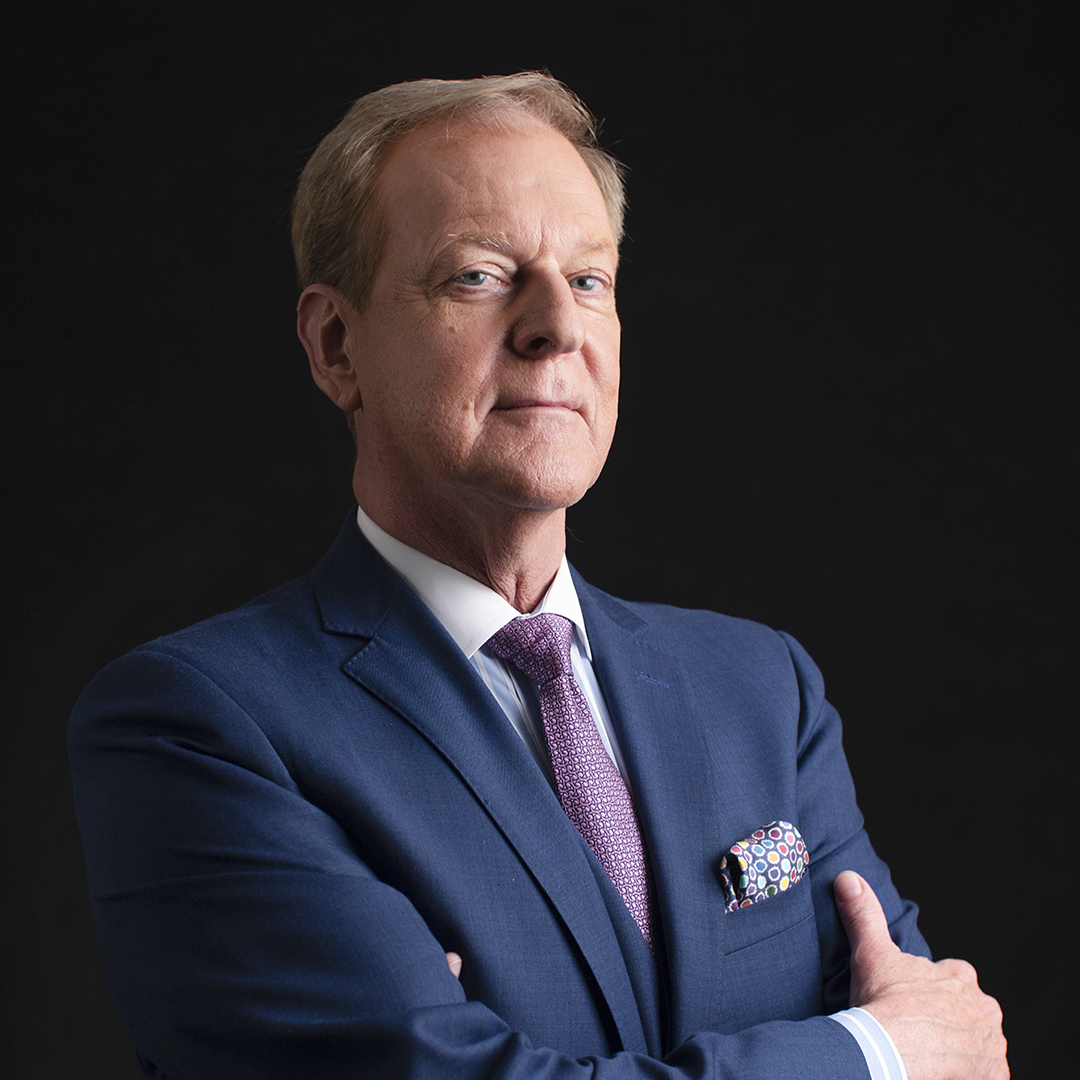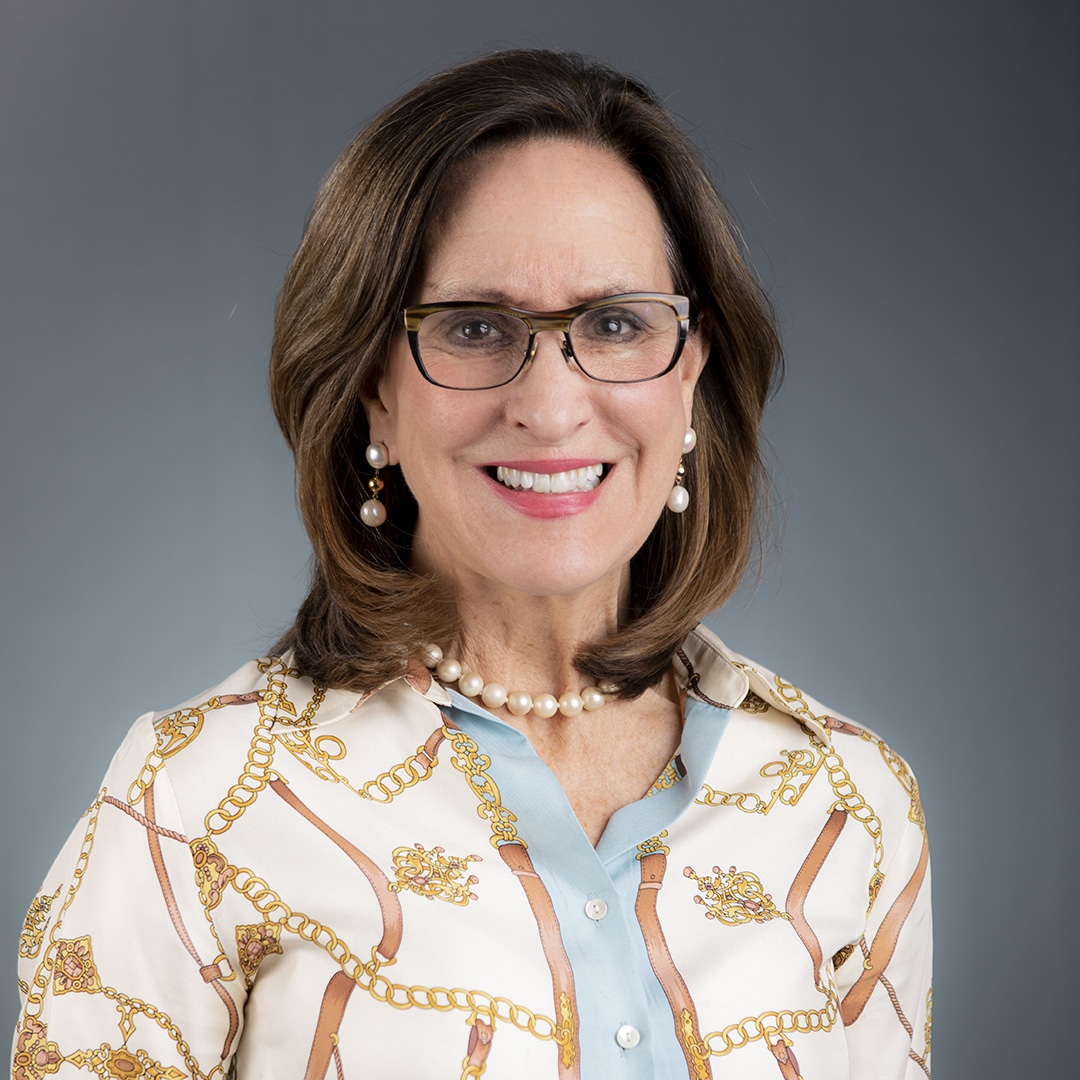Approaching interpersonal relationships like Dr. Jim Dunn, chief people and culture officer at Atrium Health, requires a rare but important ingredient: love.
To describe Dunn’s commitment to his work as “loving” is not a stretch. Like love, “healthcare” is an active noun, especially now: insurance policies change, emergencies abound, employees and leaders turn over. “We are living at a greater pace of change,” Dunn said, “It is a phenomenal time to be in healthcare for people who like to be involved in large-scale change.”
In an era of moment-to-moment revolutions in technology, where online brands offer instant gratification to match the changing tastes and consistent dissatisfaction of consumers, Dunn spearheaded a major initiative from within Atrium Health. He recognizes that the keys to restructuring and redefining Atrium’s HR department and culture are to be transparent with—and carefully listen to—the people in front of him.
“Every place is different just as people are different, and you may know what to do elsewhere but it may not work here,” Dunn says, explaining why bringing teammates along for the process of shaping a culture, and taking note of their input, is key to success.
This philosophy stems from Dunn’s childhood. “I was a bad liar,” he jokes. He was the designated chaperone for whenever a teacher needed to leave the room, and his family avoided sharing secrets with him because they knew he would forget what he wasn’t supposed to say.
But what was once a shortcoming has developed into a revolutionary strength: Dunn has been in healthcare for more than twenty years; even so, he has no problem keeping ahead of the curve. “Disruption is here to stay,” he says. “It’s so exciting.” And honesty in communication is what helps him stay on top.
Dunn believes that, in life, we strive for meaning, purpose, value, and something to look forward to. “I believe one’s own attitude and outlook in life and about others is what dictates your own happiness. How you look and choose to experience life, people, and situations dictates your own happiness. I try not to look at anything as glass half-empty. There are nuggets and pearls of wisdom to learn from anyone in any encounter,” he says.
“Every place is different just as people are different, and you may know what to do elsewhere but it may not work here.”
To many, the constant change and remarkable responsibility of overhauling the HR of an organization with more than 70,000 teammates and new leaders would put them under near-unbearable pressure. But for Dunn, this major initiative is a chance to learn, grow, and give his teammates a culture of support they never thought they could have.
Dunn spends most of his time integrating teammates with the right mind-set for growth. “It’s not just about goals anymore (manifestations of what an organization values); today, it’s about finding meaning, cascading value, through stories and examples.”
While Atrium and everywhere else can no longer guarantee complete certainty in professional growth, what can be provided is a sense of clarity in purpose and vision. This is why, when he started in March 2018, Dunn met individually with more than twenty executive leaders.
He asked them to tell him about their day, what excites them, what challenges they face. He said they took a while to warm up. They were used to a traditional model of HR: waiting to take a call, dealing with each problem as it comes. But Dunn knows that leaders have to “do more with less, move faster,” and find resources wherever they can. So, he asked them what type of HR department would best serve the leaders at Atrium.
What Dunn found was that the executives felt HR had no capacity to help with organization strategy and work design, for physician recruitment, or for training nurses and physicians to become better, more effective leaders. He decided he needed talent from other industries, some with no HR or healthcare background, but with myriad skills that could be creatively applied to the new leadership structure.
“Disruption is here to stay. It’s so exciting.”
Dunn called in PwC to compare Atrium’s HR with best-in-class organizations like Google and Goldman Sachs—to benchmark against competitors out of his reach. He knew what problems healthcare had in HR, so he asked, “What are people with more resources doing?”
In just one and a half years, Atrium has restructured. “We let leaders lead and we provide the options,” Dunn says. “Traditional HR call style has been replaced by 24/7 services to direct clients to the best fit for their needs.”
Since then, Dunn has sent out regular email updates on Atrium’s restructuring journey, leading with intention and transparently addressing shortcomings. In a meeting, CEO Gene Woods said, “This is the type of transparency I want all of you to have.” Dunn reiterates that the weight of that statement was not in its complimentary nature, but in the truth of the effectiveness of open communication for progress.
Another way Dunn has streamlined progress through transparency has been in encouraging his former colleagues to meet with his new team to speak candidly about working with him. He said that after these meetings, his new team was so efficient, it felt as if he’d already been working with them for ten years. He gave them the liberty to speak openly, to engage in a constructive dialogue, and now his team still reaps the benefits of that mutual trust.
At this point in his career, Dunn could retire tomorrow and be personally fulfilled. He continues now to serve as a confidant and a supporter, to safeguard individuals and guide them, by way of metacognition and communication, into a more competitive future with increasingly powerful organizations. He wants to keep pace and outpace the legacy of Atrium’s previous leadership.
In-and-out clinics, moment-to-moment interactions—they can all so easily lose track of the human element of those from which they profit. But Dunn loves his work. He knows that disruption is here to stay, that everything changes faster than we can keep up; nonetheless, he strives to accept Atrium’s moment, right here and right now, by being honest, by listening, and by putting each person first.


